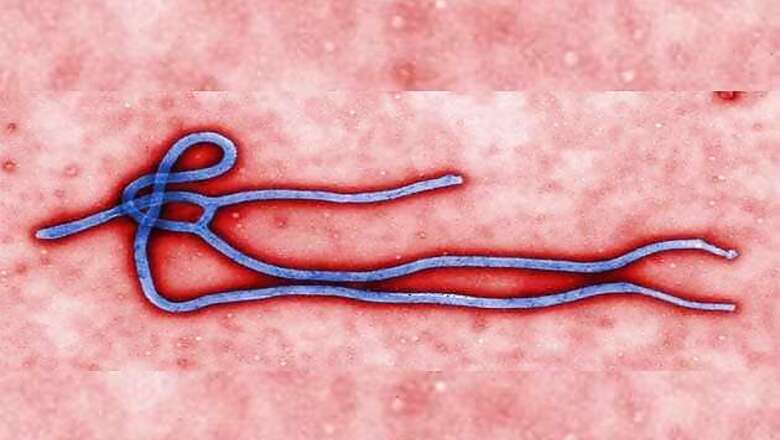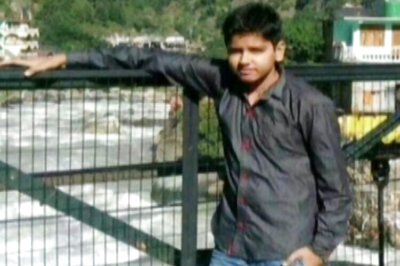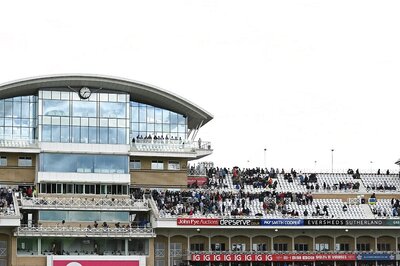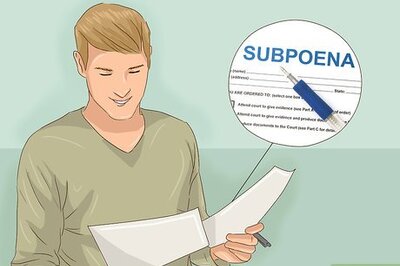
views
New York: Amid criticism of his decision of a mandatory 21-day Ebola quarantine, New York Governor Andrew Cuomo has loosened some of the restrictions on people returning to the US from West Africa.
Cumomo released new guidelines for screening procedures for Ebola at JFK International Airport after White House officials and health experts strongly criticised the mandatory quarantine which was put in place after a doctor, Craig Spencer, tested positive for Ebola after arriving from Guinea.
Under the new guidelines, if a person arrives and had direct contact with people infected with the Ebola virus but is asymptomatic, they will be transported by private vehicle, arranged by the New York State Department of Health or local health department, to their homes where they will be quarantined for 21 days.
Under quarantine, at least two unannounced visits by local officials will be made each day to check the individual's condition as well as ensure that the individual is complying with the quarantine order.
If a person arrives and has symptoms of the Ebola virus, they will be transported to one of the New York City hospitals designated by the State to treat Ebola patients for further evaluation and treatment.
Cuomo said those adults who meet New York's criteria for quarantine, would be provided financial assistance for 21 days by the state.
Cuomo had initially criticized Spencer for not obeying a 21-day voluntary quarantine but later called the health care workers "heroes" and said his administration would encourage more medical workers to volunteer to fight Ebola.
The mandatory quarantine policy came in for more criticism after a Maine nurse returning from Sierra Leone criticized her treatment as the first person to be quarantined under New Jersey's new policy, saying that she was treated "like a criminal."
Kaci Hickox has tested negative for Ebola in a preliminary evaluation. Fox News quoted Anthony Fauci, director of the National Institute of Allergy and Infectious Diseases, as saying that the 21-day quarantines originally imposed in Florida, Illinois, New Jersey and New York can have the "unintended consequence" of discouraging health care workers from volunteering, particularly in the West African countries, where an estimated 4,500 people have so far this year died from Ebola.




















Comments
0 comment